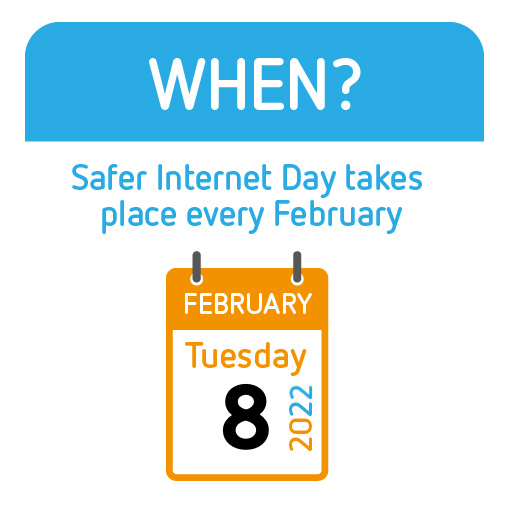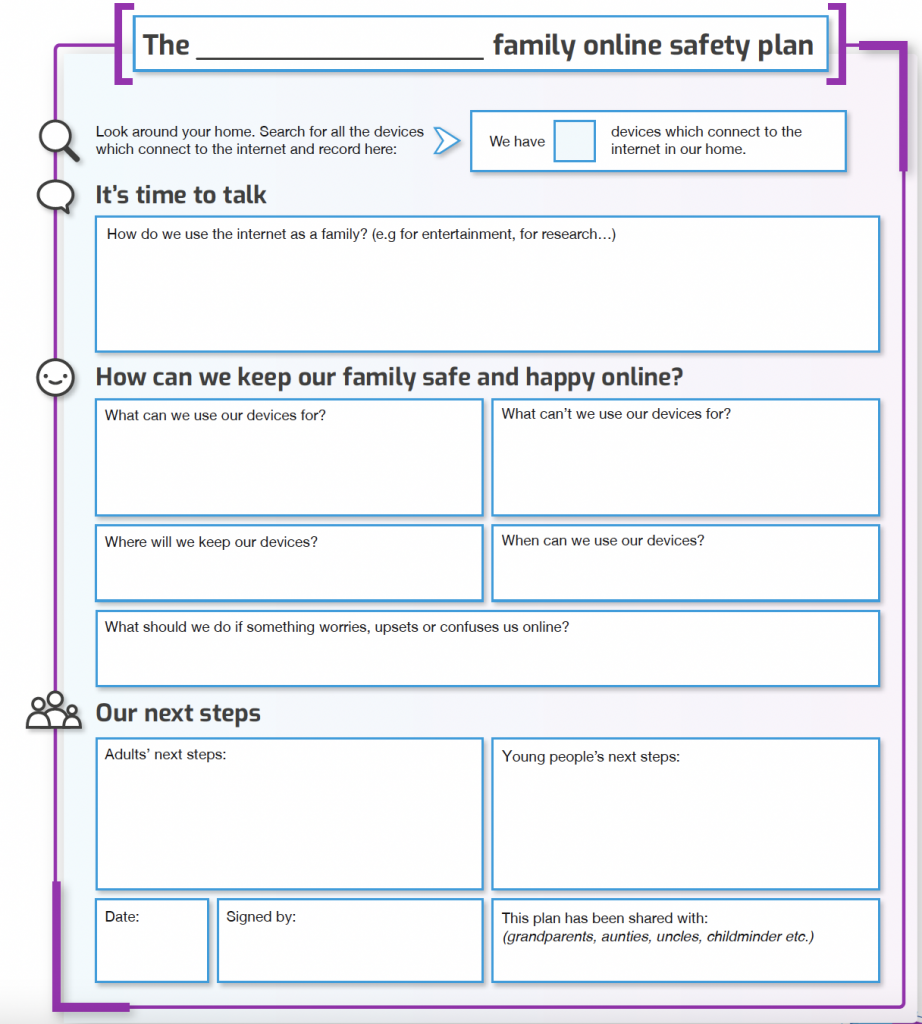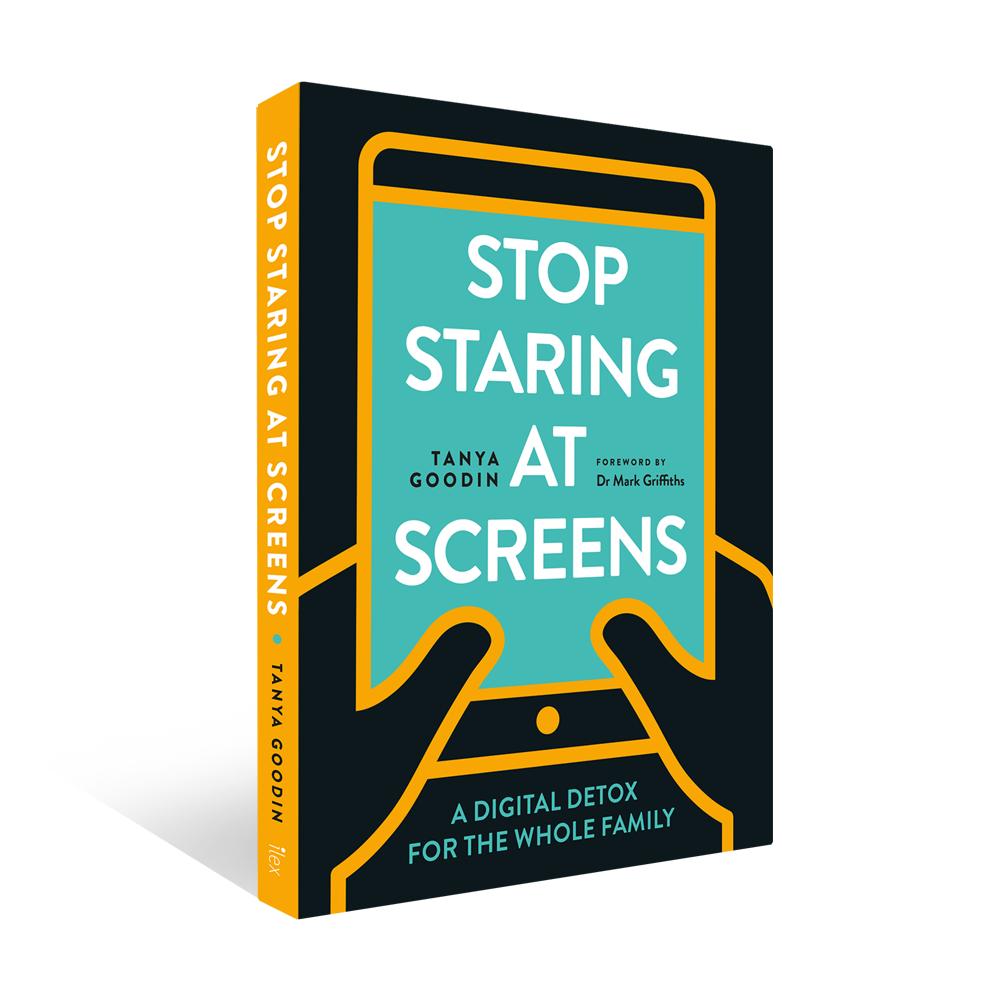Safer Internet Day 2022, celebrated this year on 8th February, is a global day to promote the safe use of the digital world for children and young people. Safer Internet Day is celebrated in over 170 countries worldwide and this year’s theme ‘All fun and games?’ is all about exploring the issue of respect and online relationships.
Young people help to shape the digital world they use
From video streaming, to online gaming and chat, children and young people are increasingly shaping the digital spaces they are a part of. Safer Internet Day 2022 celebrates their role in creating a safer internet, whether that’s whilst they are gaming, uploading their own content, or just messaging their friends.
Although these are conversations that need to be had all year round, Safer Internet Day 2022 is a particularly good opportunity to discuss the way in which everyone who uses the internet, including children and young people, can play their part in encouraging the building of supportive and respectful communities online.

Start a Conversation About Safer Internet Use
Use Safer Internet Day as a jumping-off point to start the conversation at home or at school this week about the use of the internet. Try these suggestions put together by the UK Safer Internet Centre (a partnership between Childnet, Internet Watch Foundation and SWGfL) ;
Start on a positive note
- What do you like most about the internet and why?
- How do you have fun using the internet and technology?
- What’s your favourite game, app or website?
- How does going online make you feel?
- How does the internet and technology make your life better?
- Do you most enjoy going online alone, or with other people?
Talk about relationships and online communication
- Who do you communicate with online?
- What different methods do you use to communicate online? (E.g. in-game chat, video calls, group chats, etc.)
- What is good about communicating online?
- What can be challenging about communicating online?
- What is different about talking to someone online compared to talking face to face?
- How much can you trust people you only know online?
- What do you and your friends do to keep yourselves safe and happy, when you are chatting and communicating online?
Talk about respect online
- What does respect mean to you? What does it look like online?
- What does disrespect look like online?
- What makes a good friend online?
- What can you do if you fall out with a friend online?
- Do people disagree more online or offline? Why do you think that is?
- What could you do if someone you were talking to online was unkind to you, or made you feel worried, upset, or uncomfortable?
Talk about looking after yourself and others online
- How do you stay safe online? What tips do you have and where did you learn them?
- Do you know where to go for help and where to find the safety tools on your favourite apps and games?
- What could you do if being online is making you feel worse rather than better?
- What could you do if you saw that a friend online needed some help or support?
Put Together a Family Online Safety Plan
When children and young people start using the internet unsupervised, usually by being given their own smartphone or device, it’s important that families (and schools) have a conversation about what safe use of the internet looks like. Creating a family online safety plan which covers hours of use, where devices are kept and what children and young people can do if they encounter content that upsets them, is a great place to start.

Don’t just leave the conversations about internet safety until Safer Internet Day – either this year or next – remember to keep checking in with the children and young people in your life about how they are using the internet and about any problems or difficulties they may have encountered in managing online relationships. And remember to make the space for them to share their concerns safe and non-judgemental.

My family handbook Stop Staring at Screens has further useful resources for the home, to help you all agree what sensible and healthy internet use looks like.
